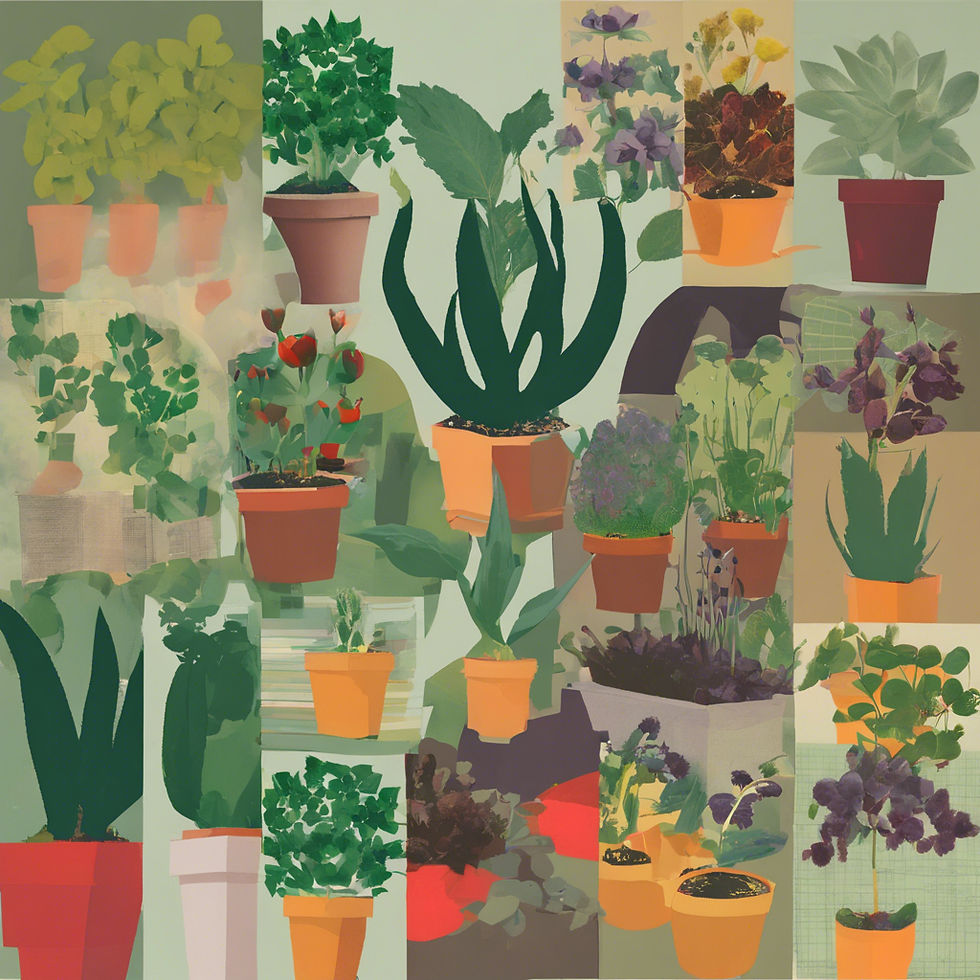Welcome to the exciting opportunity to apply for MSc scholarships through the RUFORUM-GRA Graduate R
- Vijithkumar V

- Oct 28, 2023
- 3 min read
The SMARTGRAZE project is a research initiative that aims to assess the potential of holistic planned grazing (HPG) as a climate change mitigation and adaptation strategy in semi-arid rangelands of Kenya. The project is funded by the Regional Universities Forum for Capacity Building in Agriculture (RUFORUM) and the German Academic Exchange Service (DAAD), and is implemented by the University of Nairobi in collaboration with other partners. The project seeks to address the challenges of climate change and land degradation in semi-arid rangelands, which are characterized by low and erratic rainfall, high temperatures, and fragile ecosystems. These regions are home to millions of people who depend on livestock production for their livelihoods, but are also vulnerable to the impacts of climate change, such as droughts, floods, and land degradation. The SMARTGRAZE project aims to assess the potential of HPG as a sustainable land management practice that can enhance soil organic carbon (SOC) stocks and fluxes, reduce greenhouse gas (GHG) emissions, and improve vegetation and soil properties in semi-arid rangelands. HPG is a grazing management system that involves the strategic movement of livestock across different grazing areas, based on the principles of ecosystem health, biodiversity, and productivity. The project will collect data on SOC stocks and fluxes, GHG emissions, vegetation, and soil properties under HPG and traditional grazing systems during wet and dry seasons. The data will be analyzed using various methods, including static chambers, GIS, and the Roth-C carbon model. The project will also assess the effects of HPG on livestock forage selectivity, nutritional quality, and productivity. The project is offering MSc scholarships to qualified applicants who are interested in conducting research on the effects of HPG on soil and vegetation properties, livestock forage selectivity, and nutritional quality in the rangelands of Kajiado County, Kenya. The scholarships cover tuition fees, monthly stipends, and research costs for two years. The findings of the SMARTGRAZE project will provide valuable insights into the potential of HPG as a sustainable land management practice in semi-arid rangelands. The project aims to contribute to the development of evidence-based policies and practices that promote climate change mitigation and adaptation in the region. The project also aims to enhance the capacity of local researchers and practitioners to conduct research and implement sustainable land management practices in semi-arid rangelands. Overall, the SMARTGRAZE project is an important initiative that seeks to address the challenges of climate change and land degradation in semi-arid
What are the requirements for this program?
The SMARTGRAZE project is offering MSc scholarships to qualified applicants who are interested in conducting research on the effects of holistic planned grazing (HPG) on soil and vegetation properties, livestock forage selectivity, and nutritional quality in the rangelands of Kajiado County, Kenya. Here are the requirements for this program, as outlined in the PDF file: 1. Excellent BSc. degree (1st class or upper 2nd class honors) in natural resource management, range management, Agroecosystem and environment management, human, agricultural sciences, animal production, or related fields, from recognized/accredited University. 2. In-depth knowledge of arid and semi-arid rangeland ecosystems and extensive livestock production systems 3. Fluency in spoken and written English 4. Teamwork orientation and good communication skills. To apply for the MSc scholarships, interested applicants should choose the research topic of interest and send their application to the undersigned. The application should include a letter of motivation related to the research topic chosen (1 page), curriculum vitae, summary of the undergraduate special project/field attachment report topic (1 page), copy of relevant certificates and transcripts, and names and contact details of 2 referees. The application should be submitted by email in a single PDF file.




Comments